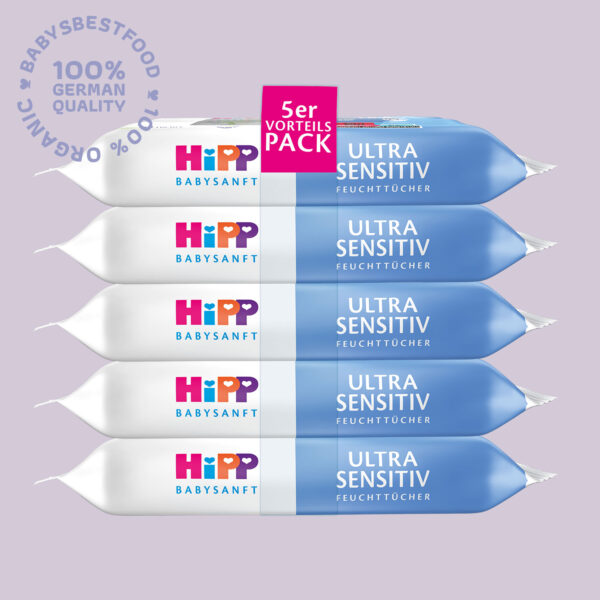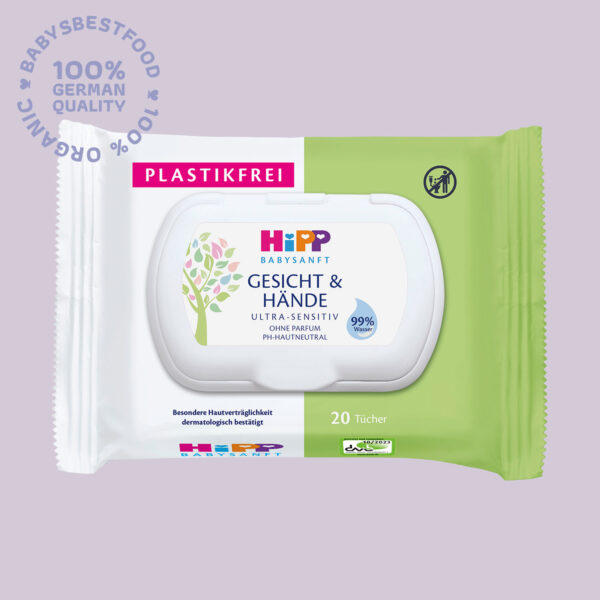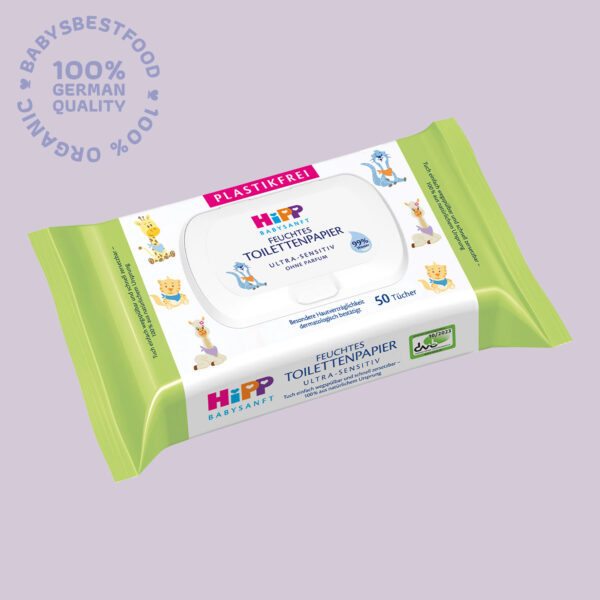Regulatory Standards
European and American baby formulas are governed by different regulatory standards. The European Commission has stringent guidelines that require specific nutrient levels and prohibit certain additives. For instance, European formulas must contain DHADocosahexaenoic acid (DHA): DHA, termed the cerebral elixir, acts as the cornerstone for children’s robust brain development and sharp visual… More, an essential fatty acid for brain development, while this is optional in the U.S. (Enfamil, Mommy Formula). Additionally, European formulas often avoid using ingredients like corn syrup, which are more common in American formulas.
Iron Content
One notable difference is the iron content. The American Academy of Pediatrics recommends higher iron levels to prevent deficiencies, leading to American formulas containing up to 3.3 mg/100 kcalkcal (Kilokalorien): Kilokalorien, auch einfach “Kalorien” genannt, sind die kleinen Funken, die unseren Kindern bei ihren täglichen Abenteuern Energie geben…. More of iron. In contrast, European formulas limit iron to 1.7 mg/100 kcal, aligning with the European Academy of Pediatrics guidelines.

Ingredient Sourcing and Additives
European formulas are often praised for their high-quality, organic ingredients. They typically use lactoseLactose / Milk Sugar Lactose, fondly known as milk sugar, is the primary sugar in dairy, fueling our children’s energetic… More as the primary carbohydrate and avoid synthetic additives like carrageenan. American formulas may use a wider range of carbohydratesCarbohydrates: Kohlenhydrate, die dynamischen Kraftpakete des Körpers, sind von grundlegender Bedeutung, wenn es darum geht, Kinder mit Energie zu versorgen…, including corn syrup, and can include thickeners. Moreover, European formulas must be free from detectable pesticide residues and are often made from milk sourced from biodynamic farms.
Formula Stages
European formulas are categorized by stages to match the nutritional needs of infants at different growth phases. For example, formulas are tailored for 0-6 months, 6-12 months, and 12+ months, ensuring a specific balance of fats, proteins, vitamins, and carbohydrates for each stage. American formulas tend to follow a one-size-fits-all approach for infant formulas, with separate products for toddlers.
Probiotics and Prebiotics
European formulas frequently include probiotics and prebiotics to support gut health and digestion, which are less common in American formulas. These components help in developing beneficial gut bacteria and improving overall digestive health.

Top Recommended Formulas
Here are some highly recommended European-style formulas:
- Holle Organic Infant Formula: Uses organic sunflower and rapeseed oils, avoiding palm oil, and provides a balanced fatFat: Fats aren’t foes; they’re foundational for children, underpinning brain development, energy supply, and vitamin absorption.In our bodies, fats have… More profile.
- HiPP HA Combiotic Formula: Features hydrolyzed proteins and a blend of prebiotics and probiotics, making it gentle on the digestive system.
- Kendamil Organic Formula: Contains no palm oil, uses a blend of alternative oils, and includes prebiotics and HMOs to support gut health.
Key Takeaways
- Understand Regulatory Differences: European formulas adhere to stricter ingredient and nutrient guidelines than American formulas.
- Check Ingredient Quality: European formulas often use higher quality, organic ingredients and avoid synthetic additives.
- Consult Healthcare Professionals: Always seek advice from pediatricians to ensure the formula meets your baby’s specific needs.
Discover our organic milk formula
Choosing the Right Formula Stage
The premium European brands we carry, such as Kendamil, Holle, and HiPP, ensure that newborns or toddlers get exactly what they need during this stage of their development. We carry the following five stages:
- Stage Pre: Birth to six months of age
- Stage 1: Special infant formula from birth to six months
- Stage 2: Follow-on formula from six months to 10 or 12 months
- Stage 3: Infant formula from 10 or 12 months to 12 or 24 months
- Stage 4: Infant formula from 12 months to 24 months
Choose cow’s milk formulas, goat’s milk formulas, or special blends for sensitive tummies to ensure your child gets the right nutrients at the right time.
Das Team von Baby’s Best Food steht Dir mit Informationen und Rat zur Seite. Da aber jedes Kind einzigartig ist, solltest Du bei Entscheidungen, die die Ernährung Deines Kindes betreffen, stets den Rat Deines Kinderarztes einholen. Baby’s Best Food übernimmt für die Richtigkeit der hier gegebenen Informationen keine Gewähr.































